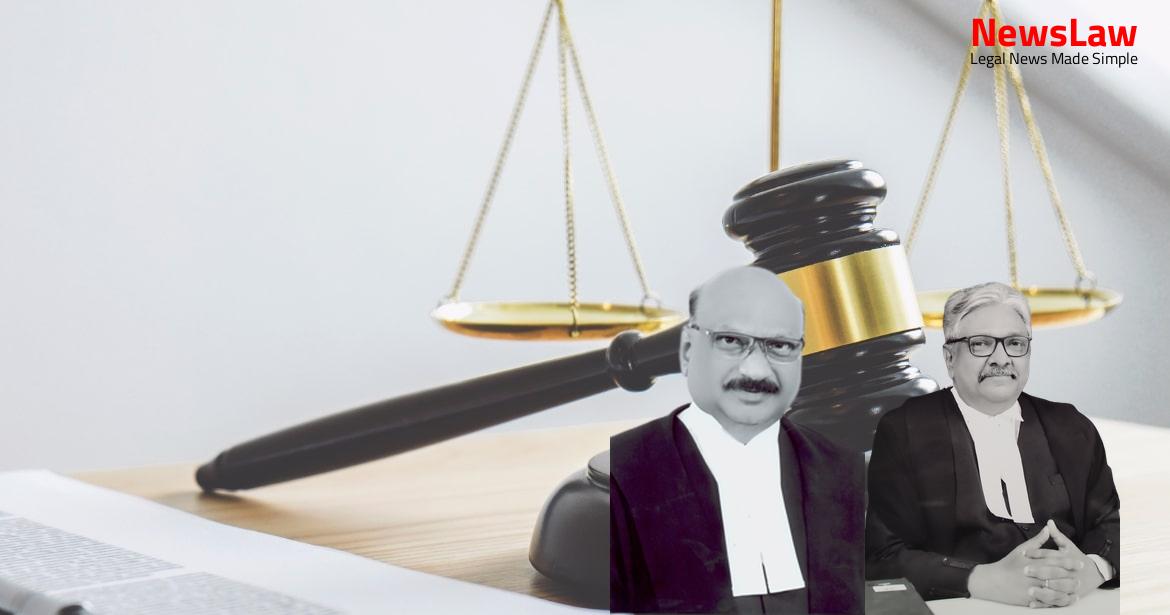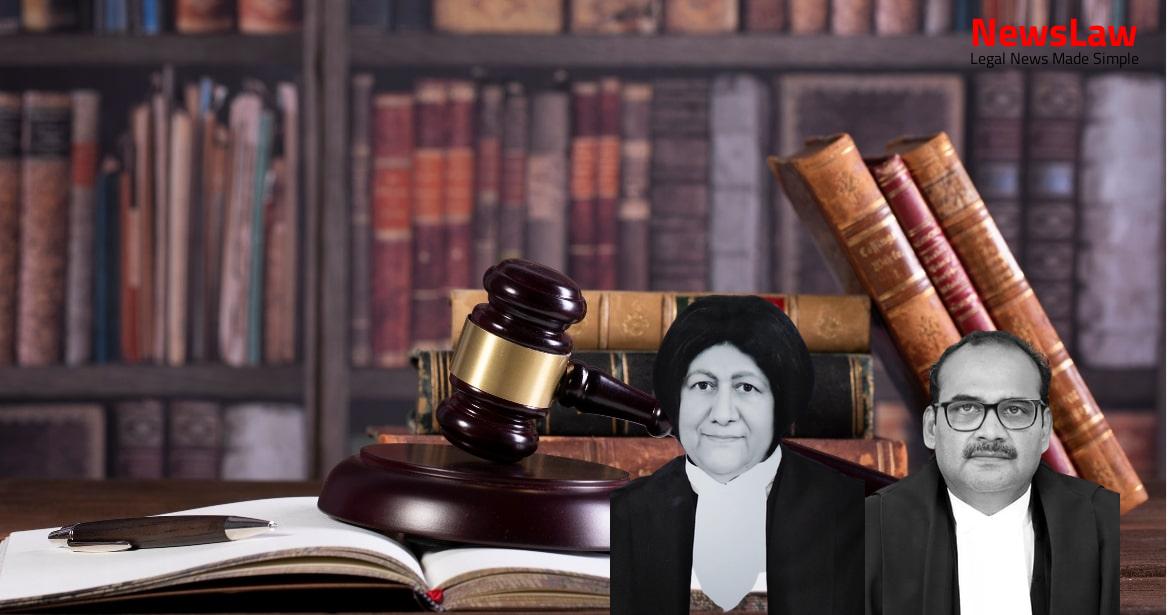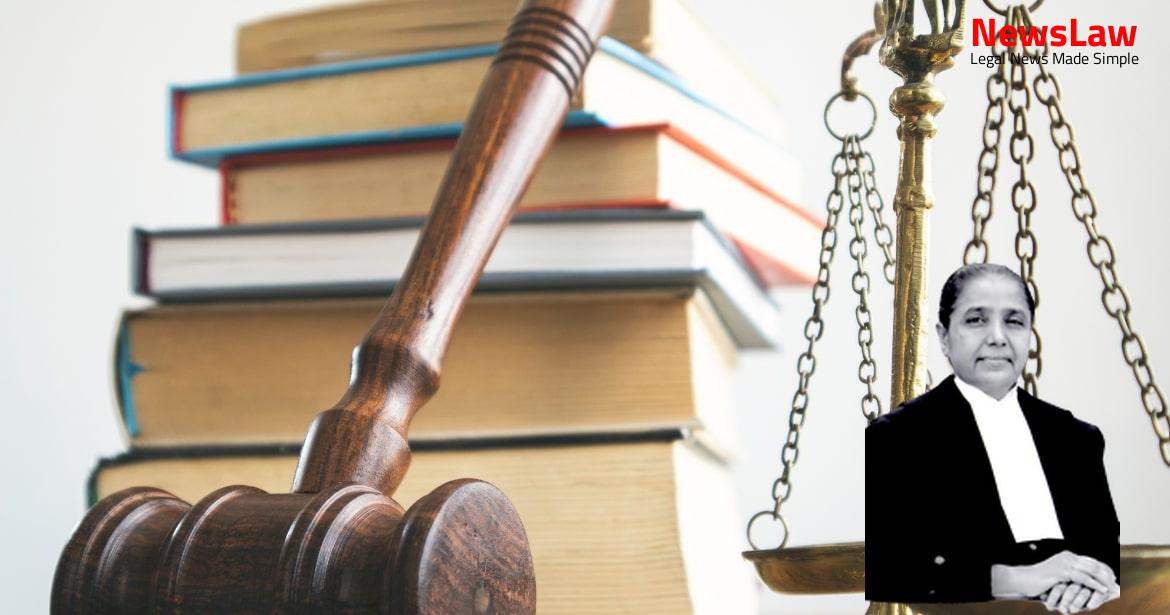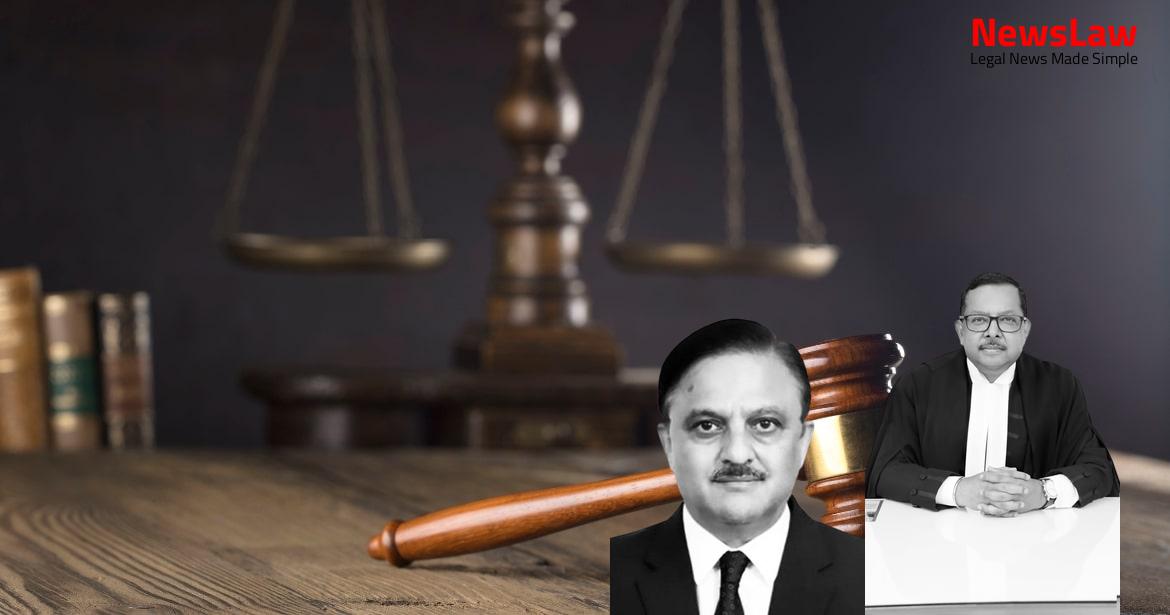In a significant legal battle between Star India and Airtel, the Supreme Court of India has rendered a decision on alleged unfair trade practices. The case delved into the conduct of the ‘Kaun Banega Crorepati’ contest and the controversy surrounding increased SMS charges. Stay tuned as we unravel the intricacies of this case between Star India and Airtel.
Facts
- Star India conducted a programme called ‘Kaun Banega Crorepati’ (KBC) from 22.1.2007 to 19.4.2007.
- During each episode, an objective-type question with four possible answers was displayed for viewers to participate in a contest called ‘Har Seat Hot Seat’ (HSHS).
- Participants were required to send correct answers via SMS to a specified number without any entry fee.
- Winners were randomly selected and awarded a prize money of Rs. 2 lakhs for each episode.
- It was alleged that participants were misled into believing the contest was free, while the costs and prize money were covered by increased SMS charges.
- Airtel was one of the service providers charging Rs. 2.40 per SMS for the contest, which was higher than the normal rate.
- The National Consumer Disputes Redressal Commission (National Commission) allowed a consumer complaint against Star India and Airtel for unfair trade practices in conducting the contest.
- The contest was deemed as a means to increase viewership, TRP’s, and revenue from SMS messages for the business interests of the appellants.
- The National Commission found that the costs of the contest were being met through SMS charges, which viewers were not adequately informed about.
- There was a contradiction in how the contest was advertised as ‘free’ or not by the Appellants.
- The special business relationship between Star India and Airtel was presumed to include an undisclosed revenue-sharing agreement.
- No evidence was presented to justify the higher SMS costs as a value-added service for the HSHS contest.
- The complaint was held to be maintainable under the 1986 Act and did not need to be filed before TDSAT.
- BSNL and MTNL were not implicated for non-joinder of parties as they were not shown to have recovered large amounts from SMS charges for the contest.
- The Appellants were found to have earned significantly more from SMS charges than the prize money offered, indicating unfair trade practices.
- Punitive damages of Rs. 1 crore were awarded under Section 14(1)(d) of the 1986 Act, for which both Appellants were jointly and severally liable.
- The Appellants were noted to have created the impression that the prize money was given free, even though it was funded by SMS charges.
Also Read: Interpretation of Will Clauses in Property Dispute
Arguments
- The National Commission failed to inquire into the source of the prize money in relation to the SMS contest.
- There was no direct correlation between the prize money and the revenue earned from SMSes, as the payment from Airtel to Star India was fixed and unrelated to SMS revenue.
- Dispute over the National Commission’s claim that the prize money was from SMS rate increase revenue, which Appellant denied.
- Airtel did not share the increased SMS rates revenue with Star India.
- The finding of ‘unfair trade practice’ was based on speculation and lacked concrete evidence.
- Interpretation of Section 2(1)(r)(3)(a) of the 1986 Act differed, with the Appellant arguing it only covered direct recovery from the price paid in a transaction.
- Airtel justified the increased SMS rates for the contest due to the value-added service of using a special software, complying with TRAI regulations to inform participants.
- The National Commission was faulted for not investigating the breakdown of cost, value addition, and profit in the tariff before attributing prize money recovery to increased SMS rates.
- The learned counsel for Airtel challenged the award of damages, stating lack of proof of loss or legal injury to the participants in the contest as required by the 1986 Act.
- The counsel argued that punitive damages could not have been awarded without a specific prayer for the same.
- Airtel’s counsel mentioned that the only finding by the National Commission was regarding the wrongful impression that the contest was free of charge, which he believed was not applicable in this case.
- He emphasized compliance with TRAI directions on advertising premium rate services.
Also Read: Preservation of Open Spaces in Development Plans
Analysis
- The Appellants clarified that Airtel was a sponsor/advertiser of the program and paid sponsorship charges, while Star India independently paid the prize money out of its pocket.
- The National Commission failed to establish a direct linkage between the increased SMS tariff rates and the prize money of the contest.
- No provision existed for revenue-sharing between the parties or for Airtel to finance any part of the prize money paid by Star India.
- The Appellants did not admit that the prize money was distributed from the SMS revenue collected.
- The National Commission lacked basis to hold that the prize money was covered by the increased SMS charges.
- The source of funds for the prize money distribution was a major contention between the parties.
- There was no corroboration for the allegations made regarding SMS revenue and prize money covered by increased SMS charges.
- The services-cum-sponsorship agreement revealed that Airtel had the right to charge fees and Star India had no role in determining them, reinforcing the independence of payment for the prize money.
- There was no indication of violation of Section 2(1)(r)(3)(b) of the 1986 Act.
- The Appellants did not commit an unfair trade practice within the meaning of Clause (a) of Section 2(1)(r)(3) as alleged.
- The National Commission’s finding on ‘unfair trade practice’ was deemed unwarranted and set aside.
- Punitive damages were awarded by the National Commission, but it was not valid as the complainant did not request for them in the complaint nor proved any actual loss by consumers.
- The absence of unfair trade practice by the Appellants negated the need for further discussion on punitive damages.
- Appellants’ counsels argued that the complaint should have been referred to TDSAT, not the National Commission.
- The issue regarding the maintainability of complaints filed by consumer organizations against telecom service providers before consumer fora was not seriously pressed by either party.
- The question of law on the maintainability of such complaints may be kept open for future consideration.
- The finding of an unfair trade practice under Section 2(1)(r)(3)(a) in the judgment was deemed incorrect in law.
Also Read: Jurisdictional Limits and Statutory Compliance in Development Planning
Decision
- The appeals have been allowed.
- The impugned judgement has been set aside.
- The decision has been made in the aforesaid terms.
Case Title: STAR INDIA(P) LTD. Vs. SOCIETY OF CATALYSTS . (2020 INSC 81)
Case Number: C.A. No.-006597-006597 / 2008



